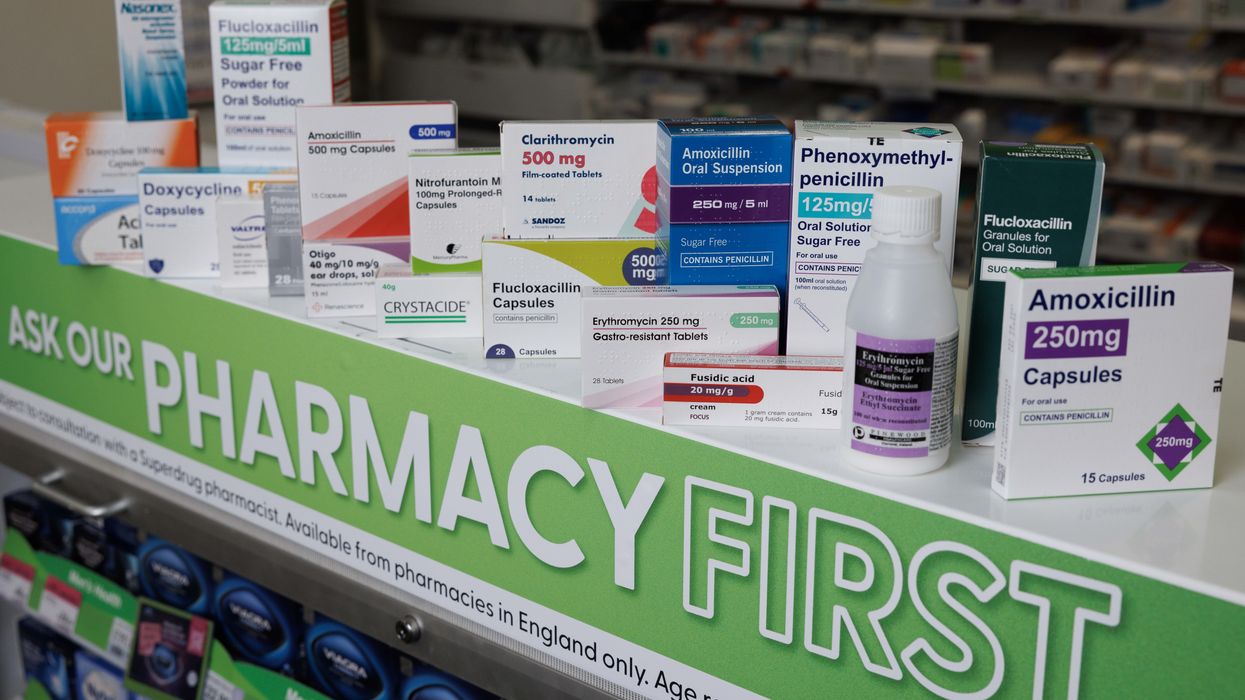Almost all of the provisionally-registered pharmacists have completed their risk assessment by their respective employers, a new survey has shown.
The latest study by the General Pharmaceutical Council (GPhC) has revealed 90 per cent of provisionally registered pharmacists reported that their employers had completed their Covid-19 risk assessment.
Three per cent of the respondents informed that they hadn’t undergone any risk assessment, whereas eight per cent of them didn’t know about the assessment.
The research found 86 per cent of respondents were employed as pharmacists with the top two settings being community pharmacy (56 per cent) and hospital/secondary care (40 per cent).
Around 98 per cent of the total respondents had access to clinical advice and guidance if they needed it. Two per cent had concerns about their risk assessments and remaining respondents concerned about their access to clinical advice and guidance.
In some of the cases the survey has identified issues with risk assessments and access to clinical support. Commenting on such cases GPhC said: “We will contact employers to seek assurance that they have made steps to rectify these. Our inspectors will follow up where necessary with registered pharmacies.”
GPhC chief executive Duncan Rudkin said: “Employers of provisionally-registered pharmacists have an obligation to conduct individual risk assessments and meet requirements to protect patient safety and support provisionally-registered pharmacists.
“I want to thank all those who responded to the survey. These results indicate that the vast majority of employers are meeting our requirements and that provisionally-registered pharmacists are receiving the appropriate clinical advice and risk assessments. We will be following up on the small number of cases where all of the requirements may not have been met.”
Provisionally-registered pharmacists who registered in August have been asked to complete a survey to help the GPhC to check that their employers were meeting requirements, including conducting a risk assessment.
Provisionally-registered pharmacists were also asked about the pharmacy setting they trained and work in, whether they had a named senior pharmacist and they had access to clinical advice and guidance if they needed it.











